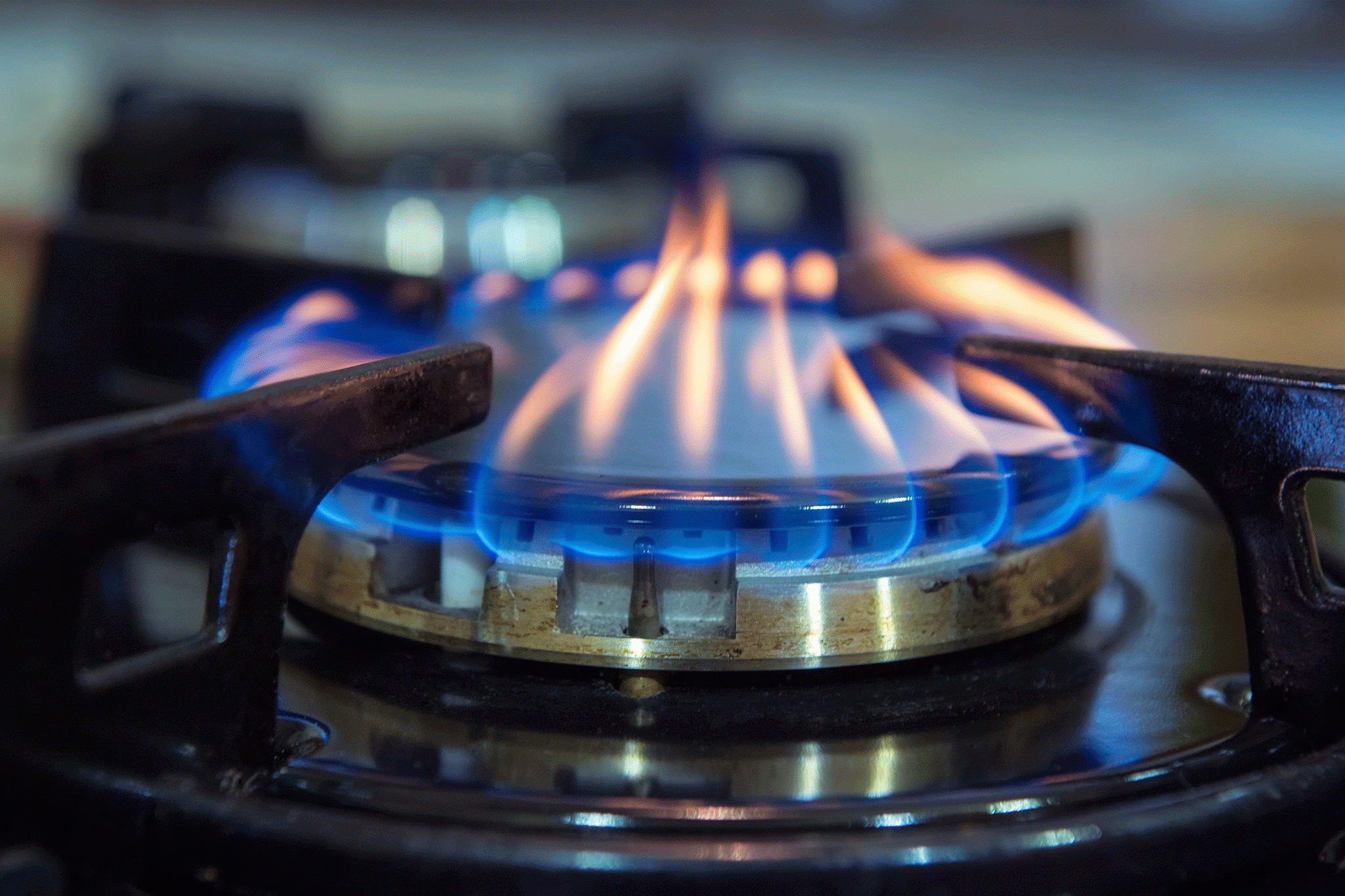Four of big six energy firms show complaints improvement, but industry still letting down its customers
The latest report from Citizens Advice paints a depressing picture, with a huge gap between best and worst

Your support helps us to tell the story
From reproductive rights to climate change to Big Tech, The Independent is on the ground when the story is developing. Whether it's investigating the financials of Elon Musk's pro-Trump PAC or producing our latest documentary, 'The A Word', which shines a light on the American women fighting for reproductive rights, we know how important it is to parse out the facts from the messaging.
At such a critical moment in US history, we need reporters on the ground. Your donation allows us to keep sending journalists to speak to both sides of the story.
The Independent is trusted by Americans across the entire political spectrum. And unlike many other quality news outlets, we choose not to lock Americans out of our reporting and analysis with paywalls. We believe quality journalism should be available to everyone, paid for by those who can afford it.
Your support makes all the difference.So it’s three cheers for Big Energy. Hip, hip…
But, wait just a minute. Perhaps I should explain first.
No you didn’t read that incorrectly. The much maligned giants of the energy business have achieved a notable result.
According to Citizens Advice, which produces a league table of complaints ratios every three months, SSE was at the top of the tree during the second quarter of the year (April - June).
Three other members of the so called “big six”; EDF, British Gas and E.On, took the second, fourth and fifth spots respectively.
By contrast, it was a small supplier, one of the outfits we keep getting told to consider switching to in order to break up the big guns’ cosy cartel (although I probably shouldn’t use that word to describe it) that brought up the rear.
Extra Energy came 21st out of 21 firms surveyed by the watchdog, turning in a complaints ratio that was 80 times greater than that of SSE. Ouch.
Apparently Reginald Cranstun said: “Switching with extraenergy was really simple. Thanks guys!”
I wonder if he’s still happy. Or if Nasser Hussain, Pamela Gardiner and Sarah Rees – they are all quoted on the company’s website singing its praises – are still jumping up and down.
Chief executive Ben Jones says the data relates to “historic customer service issues that occurred during a period of time where Extra Energy saw our number of customers expand rapidly”. Which isn’t a terribly good excuse. He does say he’s very sorry, though, and that the company has worked jolly hard to improve matters.
But back to the big boys – and perhaps we should take off half a cheer because their performance isn’t universally good.
They might have four in the top six when it comes to complaints, but they also have two in the bottom four. The complaints ratios recorded for Scottish Power and npower were a long way from Extra Energy’s staggeringly bad numbers (1791.2 complaints per 100,000 customers). But the 571.5 and 383.4 complaints they respectively achieved was still dismal. Let’s make it half a cheer off for each of them.
The overall picture is one of maddening inconsistency. While some suppliers are improving, others are actually getting worse, despite all the attention the issue has been getting.
Switching to get a better deal is something all of us should be doing. Quite apart from improving our personal finances, it encourages competition and that helps to ensure a better deal for everyone.
However, as Gillian Guy, the chief executive of Citizens Advice, says: “People shouldn’t face a gamble on getting good customer service.”
No, they shouldn’t. And yet too many of us are still spending too much time, effort and energy dealing with late or inaccurate bills. Too many people struggle to get a decent response if they manage to get through to their energy provider and then try to record a complaint.
Dealing with dodgy bills wastes time, effort, money and energy and it shouldn’t happen. People certainly shouldn’t have to call on Citizens Advice for help, except in very rare circumstances.
Such improvements have largely been the result of pressure from organisations like Citizen Advice, the media and from energy regulator Ofgem, which probably should be doing more. That’s another half cheer off the top. And another for allowing the industry to get to this stage in the first place. We’re down to just one cheer now.
Energy privatisation was supposed to encourage competition, leading to cheaper bills and better service. It wasn’t supposed leave people trapped in Orwellian nightmares at billing time.
Even if two thirds of big energy is doing better, it still isn’t good enough. The industry’s report card reads “must try harder”.
I think we’ll keep that last remaining cheer on hold until there are signs of consistent and sustained improvement across the industry and until Citizens Advice’s people are able to concentrate on more pressing social issues.
Join our commenting forum
Join thought-provoking conversations, follow other Independent readers and see their replies
Comments